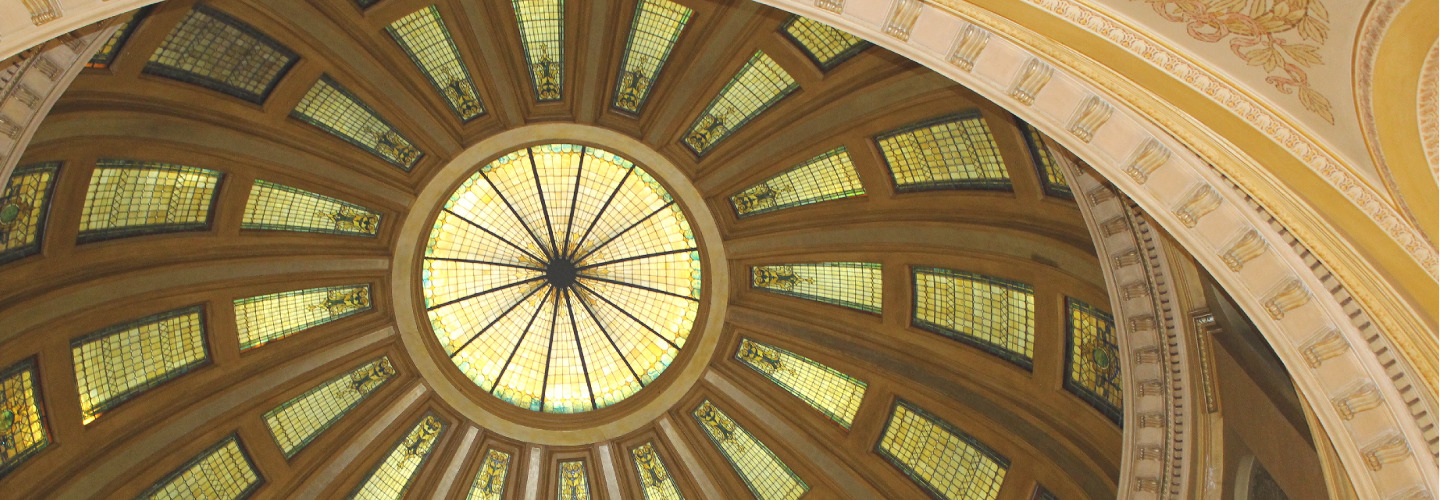
Chamber Advocate 8/27/21
City Council to vote on medical marijuana ordinances
On Tuesday, September 7, the Sioux Falls City Council is scheduled to vote on two medical cannabis ordinances. With the passage of IM-26 last November, both state and local governments have the responsibility of adopting laws to regulate medical cannabis.
Earlier this month, the city council discussed proposed zoning and the licensing ordinances. The city (through the work of a taskforce) has sought to honor the will of the voters but also balance land use concerns (property rights) to ensure the sale of medical cannabis does not negatively affect the fabric of our community. The city has chosen to begin with a safe and cautious approach which would allow for the expansion of access later, if needed.
The city council is seeking to allow medical marijuana dispensaries and testing but to prohibit cultivation and manufacturing.
Zoning
The zoning ordinance is focused on where medical cannabis can be located within the city limits. Other proposed requirements include:
- To be located no closer than 1,000 feet from another dispensary or any K-12 school.
- Prohibited downtown
- To be located no closer than 1,000 feet from a sensitive use:
- Examples of a sensitive use includes: single family housing, twin homes, churches, day care facilities, public use facilities and parks.
- However, the law provides an exception to the 1,000-foot requirement by obtaining a conditional use permit. The conditional use permit (CUP) may be subject to compliance with a set of conditions or requirements set forth in the zoning ordinance. In addition, the process includes a public hearing and neighborhood input.
Licensure
The second ordinance focuses on licensure requirements and regulations for the medical cannabis dispensaries. A summary of the regulations include:
- Establishes hours of operation 8 a.m. to 10 p.m.
- Licenses are nontransferable, cost $100,000 and must be renewed every two years.
- The city will utilize a portion of any fee associated with the licensing of medical cannabis to support a public health education campaign to help ensure that this substance, which is now medically legal within the State, is used safely.
- In addition, the city anticipates (based on other jurisdictions’ experience) that there will be unexpected costs incurred due to regulation, inspection, enforcement or otherwise. The proposed fee will, in part, cover those additional expenses.
- The city ordinance proposes a limit of five licenses (given out through a lottery system).
- Other regulations include security requirements, order control plan and zoning restrictions such as signage.
- The city is also proposing a ban on prohibiting smoking and consumption on sidewalks and other public areas and any business open to the public.
Next steps: the city council is scheduled to take action on the two ordinances (zoning and licensure) on September 7.
Summary of the Infrastructure Investment and Jobs Act
The U.S. Chamber of Commerce provided a comprehensive Summary of the Bipartisan Infrastructure Investment and Jobs Act.
Key points include:
- Historic, generational funding commitment for our nation’s hard infrastructure – including roads and bridges, rail, transit, ports, airports, water infrastructure, electric grid, and broadband.
- Makes long-term, sustainable investments that will unlock the growth potential and productive capacity of our economy.
- Provides eight years of funding, with $550 billion in new investment on top of $500 billion in previously authorized “baseline” funding.
- Helps strengthen supply chains making them more efficient and resilient to evolving threats.
- Includes a new five-year surface transportation authorization.
- Reforms the federal permitting process by enhancing the FAST-41 program and codifying One Federal Decision, which will substantially reduce the timeline for delivering large infrastructure projects.
- Creates new programs to increase the resiliency of our transportation and infrastructure systems, address emissions, and mitigate environmental impacts.
- No tax hikes on everyday Americans.
To read the full summary from the U.S. Chamber, please click here.